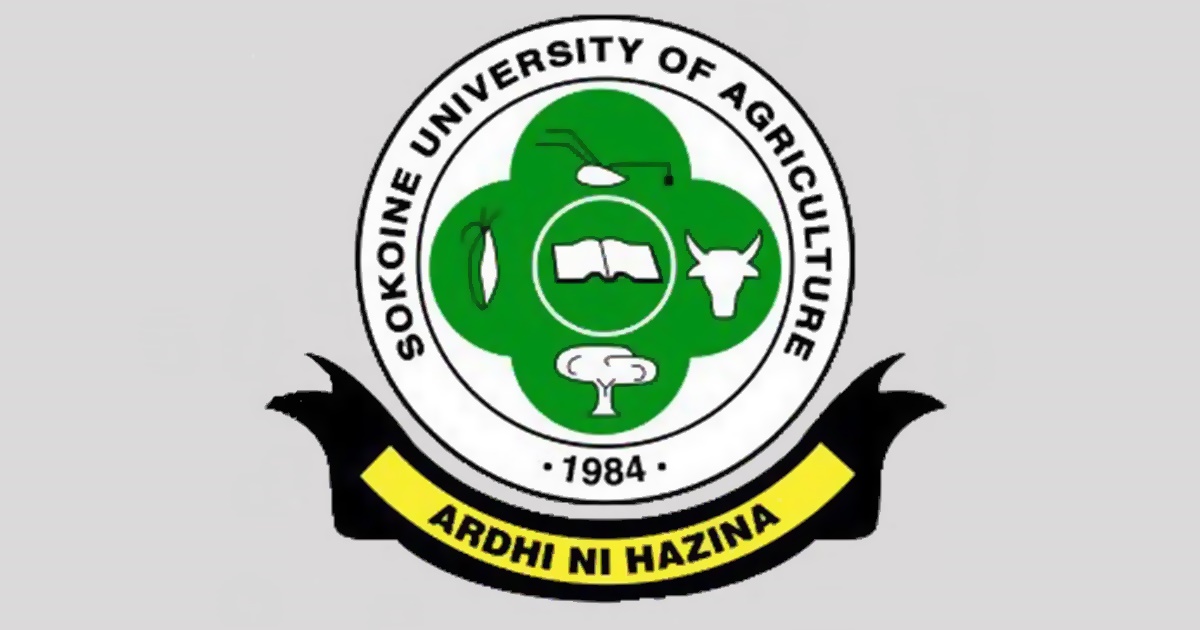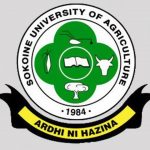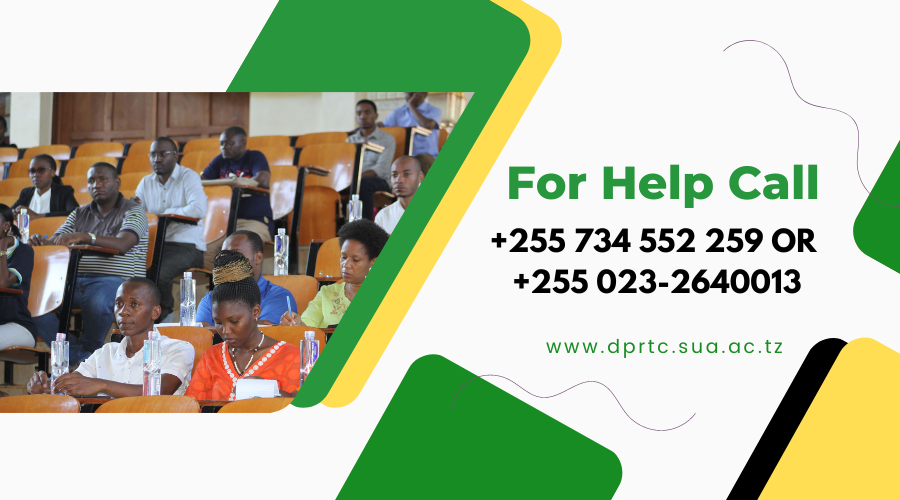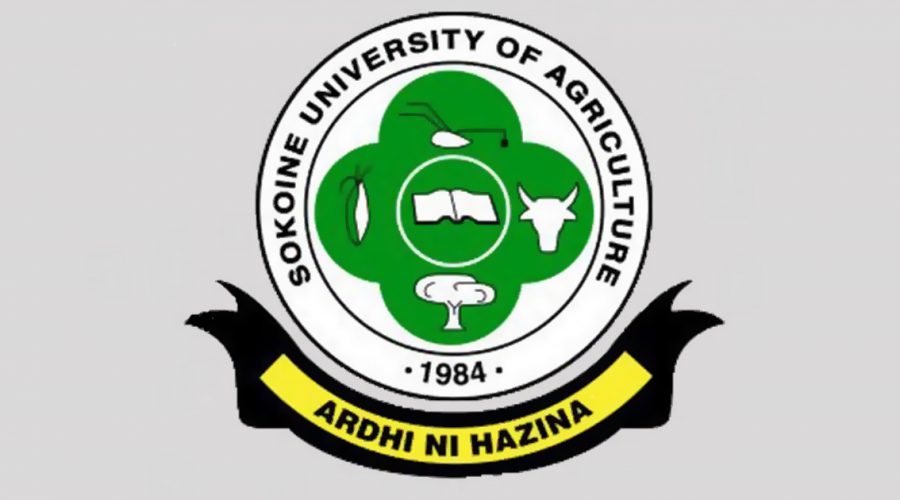Candidate: Dominick E. Ringo
Mr. Dominick Ringo was employed as an Executive Director in RECODA where he has served for 17 years to date. Formerly, he worked under the Ministry of Agriculture in Tanzania as a research officer in Tanzania Agricultural Research Institute (TARI) – Uyole (Southern Highland Zone) and then TARI – Selian (Northern zone). He registered with Sokoine University of Agriculture (SUA) in February, 2017 to pursue a 4 year doctoral programme in the Department of Development Studies (DDS), College of Social Sciences and Humanities (CSSH).
Thesis Title: Personality Traits of High-Performing Lead Farmers in Farmer-to-Farmer Extension: A Case of the Rural Initiatives for Participatory Agricultural Transformation Approach, Tanzania.
Supervisors: Prof. Amon Z. Mattee and Prof. Justin K. Urassa
Date and time: 15th October, 2020 at 09:30am
Venue: Postgraduate Seminar Room
Mode: Face to Face/Online
Panellist members:
- Prof. Malongo R. S. Mlozi – (Chairperson)
- Prof. Chrisopher Mahonge – Appointee of the College Principal
- Prof. Denis Mwaseba – Internal examiner who did not supervise
- Prof. Justin K. Urassa – Supervisor
- Dr. Justine Job Ringo – Appointee of the Head of Department
Summary of Main Findings
The Training and Visit (T&V) and Farmers Field School (FFS) approaches of delivering agricultural extension services are facing some challenges that have necessitated a look into community based approaches focusing on a broader reach and cost-effectiveness. Thus, the use of lead farmers (LFs) has become important in recent years. However, the selection of LFs has mainly been based on socio-economic characteristics with limited consideration of personality traits. Hence, the overall objective of the study was to determine the relationship between personality traits and performance of LFs as used in the Rural Initiatives for Participatory Agricultural Transformation (RIPAT) approach.
Findings from the Friedman test show that comparisons of household labour and size of the land cultivated between LFs and non-LFs had a significant difference (p < 0.05). Results about factors considered in selection of LFs based on the assessment of personality traits fits for high performing LFs using the Big Five Personality Trait Model and Friedman test show that high performing LFs had personalities related to openness (being curious, having a wide range of interests and being independent) and consciousness (hardworking, dependable and organized). The findings also indicate that the use of LFs has narrowed extension-farmers ratio by ten (10) fold at the village level and facilitated the uptake of technologies at a reduced cost since the LFs were from within the community and were not necessarily paid for what they did. The results on the influence of personalities in the performance of LFs showed that the most needed personalities and associated soft skills to LFs include integrity, being courageous and volunteerism. It was further established that soft skills (personalities) complement hard skills in the improvement LFs’ performance. Personalities contribute to the performance of LFs through enabling them to become role models, improving individual LFs’ integrity and honesty, and enhancing their ability to bring harmony to the groups. Eleven institutions which were grouped into four categories i.e. local government authorities, research institutions, non-governmental organizations and the community had significant influence on the performance of LFs in the study area. Based on Friedman test, perceptions of the respondents regarding the importance of institutions in enhancing the performance of LFs showed significant difference (p=0.000) in all the eleven institutions.
The study concludes that high performing LFs are individuals who are open (curious, wide range of interests and independent) and conscious (hardworking, dependable and organized), and agreeable (voluntarism spirit). It is also concluded that LFs play an important role in narrowing the extension-farmer ratio leading to farmers being reached by advisory services, hence facilitating bridging of the agricultural technology gaps. In addition, it is concluded that the most important personalities for LFs are integrity, being courageous, volunteerism and interpersonal skills, which are related to leadership and facilitation skills to farmer groups and in the uptake of technologies. It is further concluded that influence of institutions on performance of LFs is related to the performance of LFs through creating conducive environment and providing moral incentives for the LFs to execute their roles during and beyond the project, in which period they act as community change agents and social entrepreneurs.
Join Zoom Meeting
https://us02web.zoom.us/j/
Meeting ID: 838 9667 2312
Passcode: 604867






